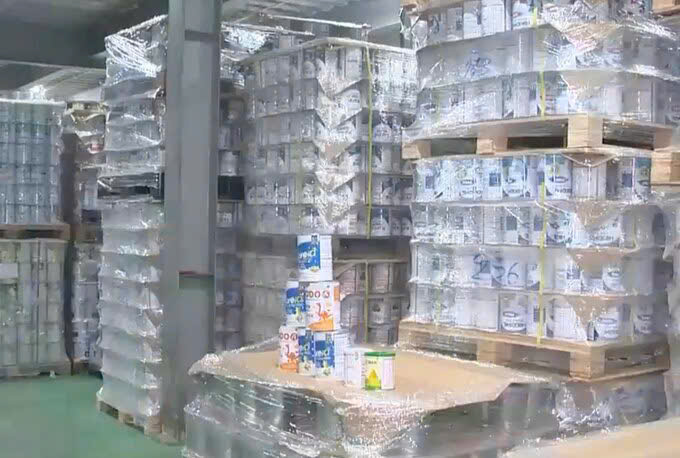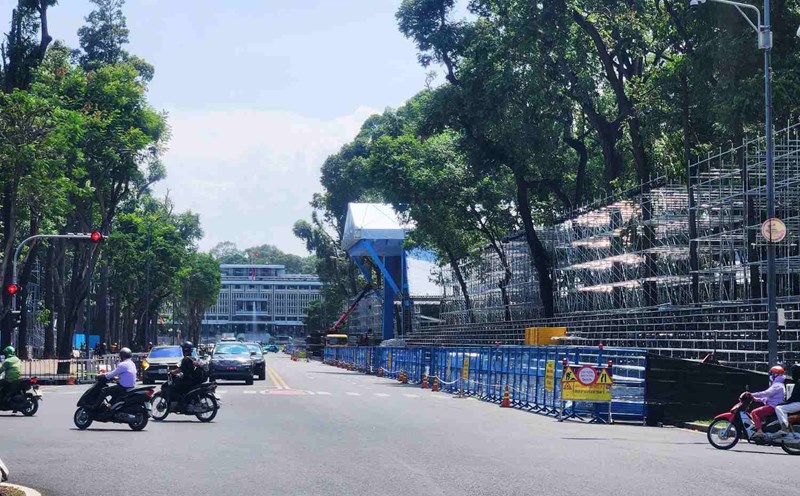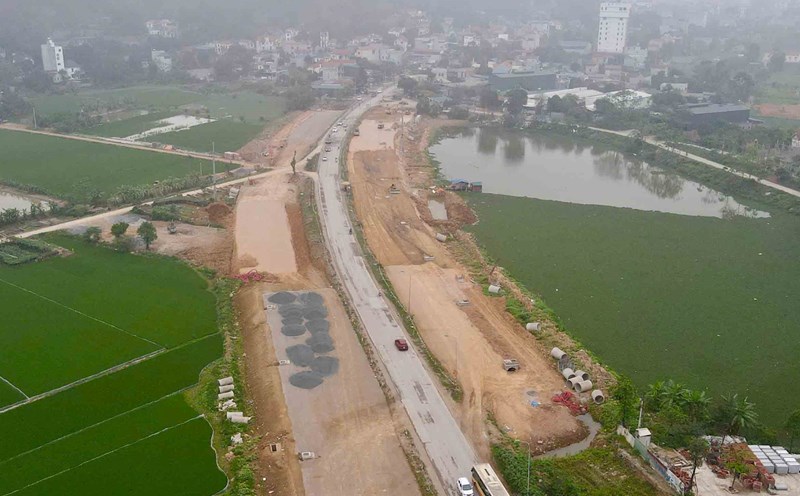Product groups can be announced by themselves
According to the Ministry of Health, at present, the system of legal documents in the management of functional foods is relatively complete from production, registration of announcement and self-publication, labeling, advertising and business by the Food Safety Law in 2010, Decree No. 15/2018/ND-CP of 2.2.2018 of the Government detailing the implementation of a number of articles of Food Safety Law, Circular 43/2014 Regarding functional food management and a number of other relevant legal documents guiding the law.
Functional foods are prescribed including 4 groups: supplements, health foods, nutritional foods, foods used for special diets.
Functional foods must be registered or announced products to the competent state management agency before circulating in the market. Accordingly, health food, nutritional food, food, food for special diet must register the product announcement to the competent state agency; Supplementary supplements publish and submit the self -published copy to the competent state management agency.
In particular, it is noteworthy, the supplementation group can be announced by themselves - that is, the products will be produced and circulated immediately upon self -proclamation and no need to have the opinion of the management agency.
According to Decree 15 on detailing the implementation of a number of articles of the Law on Food Safety that has been decentralized to the locality in food safety management, products must register the announcement of products made in most localities.
The Ministry of Health only manages and issues a product release certificate for health protection food groups.
According to statistics of the Ministry of Health from 2021 to now, the food market has more than 84,000 regular foods; 54,549 functional food products (29,779 health foods, 350 medical nutrition foods, 1,287 foods for special diet; 23,133 supplements) of which up to 80.4% are domestic products of 201 production facilities.
In recent years, the management of food quality focuses on control of safety criteria (microorganisms and heavy metals) from money to post -inspection and prevention of danger (testing to prevent the act of bringing banned substances in food) at the post -inspection stage.
From 2022 up to now, the Ministry of Health (Department of Food Safety) has fined 87 establishments with the amount of 16.8 billion dong; Local sanctions for 20,881 facilities with a fine of 123.8 billion dong related to functional foods ...
The violations mainly include false advertising, labels and product quality violations. A number of serious cases related to trading of banned products and fake goods have been transferred to the police office for handling according to the law.
In 2024, the Ministry of Public Security discovered and handled 8,959 cases of violations of the law on food safety in general with 8,978 subjects violating the law on food safety. Prosecuting 62 cases, 97 defendants, of which the crime of producing and trading fake goods is 43 cases, accounting for 69.3%.
Thousands of establishments were sanctioned, thousands of law violations were discovered so, but why "the elephant still reaches the needle"?

The post -inspection is loose, not meeting the actual requirements
Although the post -inspection is still maintained, the fact that the inspection, examination and post -food safety control has only met a part of the actual, even loose requirements, to reach the incidents that shock the public.
The case of Kera vegetable candy of Quang Linh Vlogs, Hang Du nomadic is a typical. From December 12, 2024 to March 19, 2025, this group sold 135,325 boxes of Kera candy for 150,000 VND per box, earned a total revenue of more than 20 billion VND, profit of up to 17 billion. Only when it is exposed, consumers know that the candy last time containing "enema".
The public opinion was the case of a fake milk line that was uncovered by the police officer producing 573 brands of milk powder of all kinds, for people with diabetes, kidney failure, premature babies and pregnant women. These milk brands are advertised, announced with bird's nest extract, cordyceps, macca powder, walnut powder ...
However, through actual inspection, the milk of the two companies on production does not have these substances, the quality reaches less than 70% of the announcement, eligible to determine as a fake. The accused claimed to have removed some input materials and replaced, adding some additives.
In about 4 years, the authorities determined the revenue from the sale of the above milk boxes was nearly VND 500 billion.
Thousands of functional foods are on the market but the post -inspection is limited. Many products are circulating on the market but have not been controlled in quality. Risks naturally flock to the people. Only when the police officer uncovered, can people know that the products that they spend a lot of money to buy back are actually fake goods, unpredictable danger to health, can not be measured immediately.
According to the Ministry of Health, the cause is partly due to the lack of human resources, necessary equipment, lack of funding ... especially in the context of the product that is increasingly announced and rich. Ho Chi Minh City alone has nearly 200,000 products announced by themselves.
The Ministry of Health also said that because the dossier and order of the order announced simple products, many products were submitted with the testing and labeling criteria of the product as not as prescribed. Therefore, this unsafe product is circulating in the market is a big challenge in post -inspection.
In addition, the regulations "Immediately after announcing products, organizations/individuals are entitled to producing and trading products" leading to the situation when detecting products announced in contravention of regulations, the product has been consumed in the market.
Method of transferring from money to post -inspection is creating favorable conditions for businesses. However, a part of the enterprise has taken advantage of this mechanism to comply with the regulations, not sending the dossier of self -publication to the management agency, improperly announced and incomplete.
The Ministry of Health also said that in the context of the strong food market in the number, categories of goods and new business forms on e -commerce applications and commercial platforms, it is necessary to strengthen post -control and more comprehensive control of food quality.
The mechanism of self -publication of products that facilitates administrative conditions for businesses but now this provision has generated many inadequacies. The tightening of regulations to stricter food safety is now more urgent than ever.











